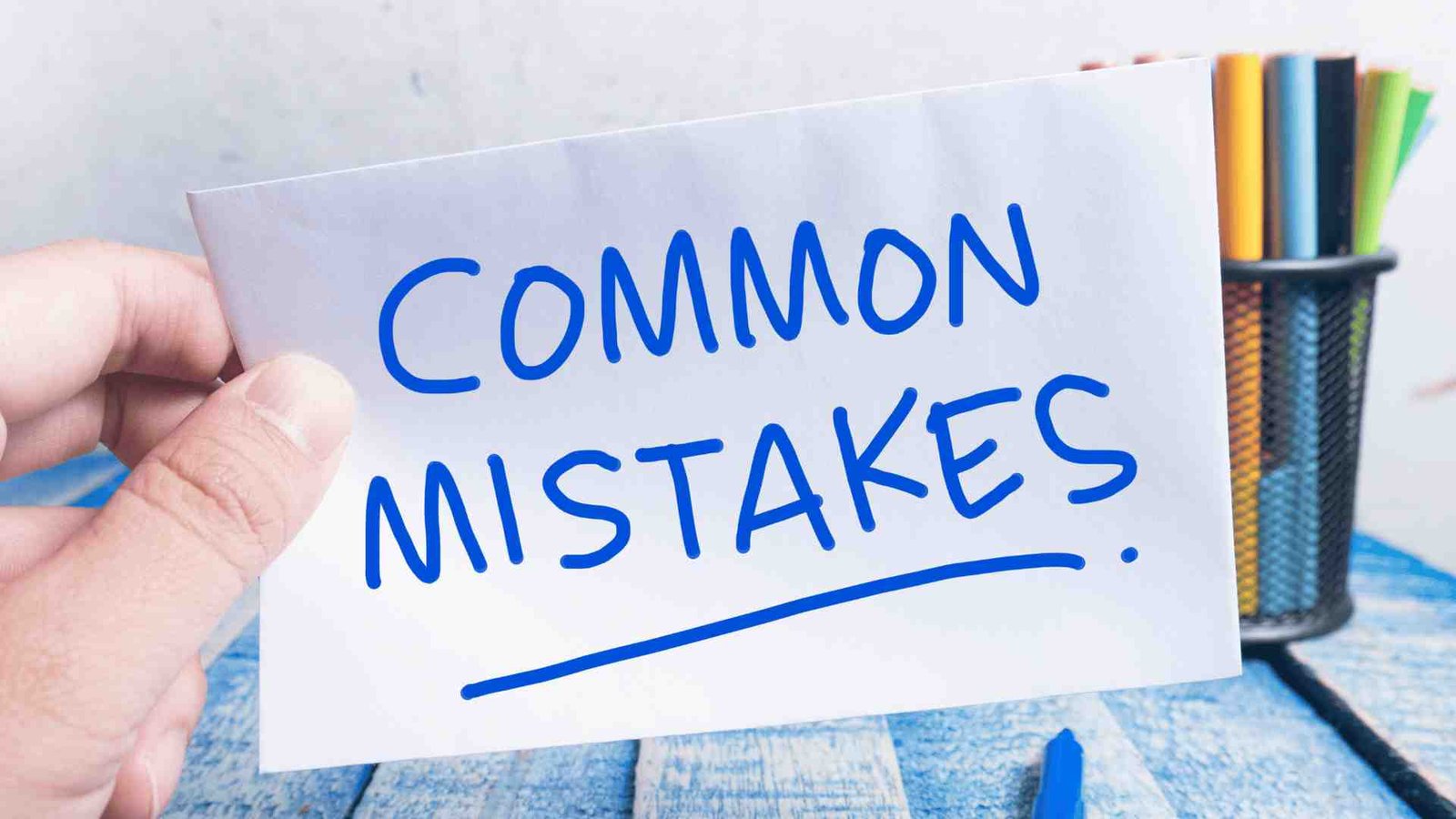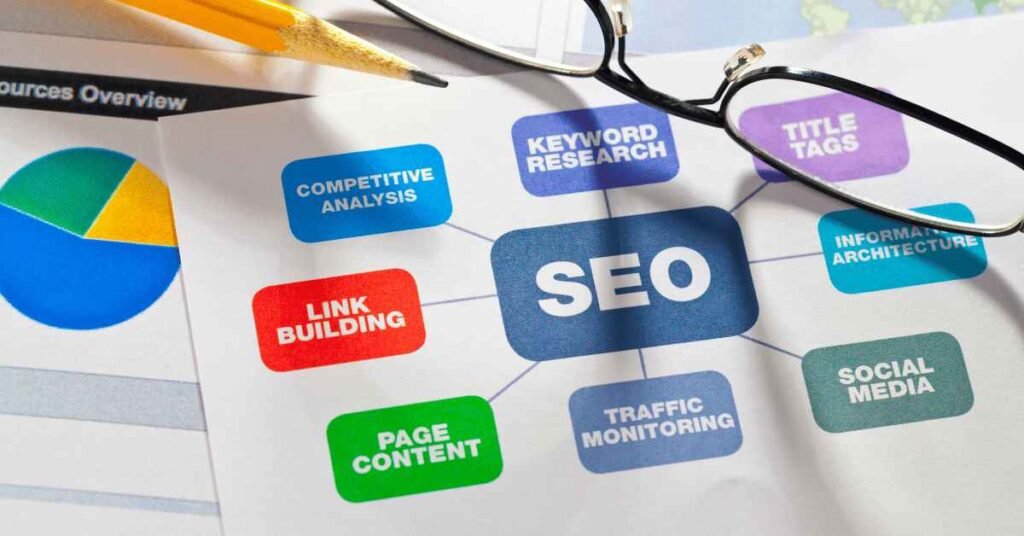
Know all about Search Engine Optimization and Its Type?

What is Search Engine Optimization (SEO)?
Search Engine Optimization (SEO) is the organic process of improving a website’s visibility and ranking in search engine results pages (SERPs). In simple words, it involves optimizing various elements of a website, such as content, structure, and HTML code, to make it more engaging to search engines like Google, Bing, and Yahoo. The aim of SEO is to increase the website’s relevance and authority for specific keywords or content so that it appears higher in search results when users search for related queries. By implementation of effective SEO strategies, websites can gain more organic traffic, increase in online presence, and lastly achieve their business objectives.
It involves various strategies, including keyword research, on-page, content creation, link building, and technical process.
How do Search Engines Works?
A search engine is a software which is designed to search information on the internet. Users can ask a query, typically in the form of keywords or phrases, and the search engine will return a list of related web pages, documents, images, videos, or other files that match the query. Search engines use complex algorithms to crawl and index the mass amount of content available on the internet, organizing it in a way that makes it accessible and useful to users. Some popular search engines are Google, Bing and Yahoo.
1. Crawling
Search engine sends out web crawlers (also known as spiders or bots) to browse the web. Crawlers start from a list of known web pages or by following links from other pages and visits each page and follows all the links on those pages.
2. Indexing
After crawling, it indexes each page which involves analyzing the content of the page, then the indexed content is stored in a massive database, which is optimized for quick retrieval.
3. Processing
When a user enters a query, the search engine processes it and matches the query against its indexed content. Algorithms determine the relevance of each indexed page to the query.
4. Ranking
Based on relevance and other factors, it ranks the indexed pages on SERPs according to their perceived relevance. Higher-ranked pages appear closer to the top of the results.
Types of Search Engine Optimization
SEO are of different types, including On-Page SEO (optimizing on the web pages), Off-Page SEO (building authority through backlinks and mentions), Technical SEO (optimizing technical aspects like site speed and mobile-friendliness), Local SEO (targeting local segments and searches), and Voice Search SEO (optimizing for voice-activated queries).
Each type serves a specific purpose in improving website visibility and search engine ranking.
On-Page SEO
This type of SEO involves optimizing individual web pages to rank higher and earn more relevant traffic in search engines. On-page involves creating high-quality, relevant content that satisfies user intent and provides value. Proper internal linking and ensuring a user-friendly website structure are also part of on-page optimization.
These are the key elements of On-Page SEO:
- Title Tags: Optimize title tags with complete researched and relevant keywords.
- Meta Descriptions: Write compelling meta descriptions related with top researched keywords to improve click-through rates.
- Heading Tags: Use H1, H2, and H3 tags to structure content and include keywords.
- URL Structure: Create SEO-friendly URLs that include target keywords for you audience.
- Quality Content: Produce high-quality, original and relevant content for users.
- Keyword Optimization: Strategically place keywords in Headlines as well as content.
- Image Optimization: Optimize image filenames, alt text, and captions in each image.
Off-Page SEO
Off-page SEO refers to activities done outside of the website to improve its rankings. This primarily involves building high-quality backlinks from other authoritative websites, as backlinks are a significant ranking factor for search engines. The goal of off-page is to increase the website’s authority, credibility, and relevance.
These are the key elements of Off-Page SEO:
- Backlinks: Register quality links from authoritative sites which having high DA and PA.
- Social Signals: Engagement on social media platforms to drive engagement in website.
- Guest Blogging: Contributing your work to other websites by register your blogs.
- Forum Participation: Engaging in relevant online forums by which you can get a quality backlinks.
- Content Promotion: Sharing and promoting across various channels including social media, Q&A sites, etc.
Technical SEO
Technical SEO focuses on optimizing the technical aspects of a website to improve its crawling, indexing, and overall performance in search engines. Technical SEO also involves fixing crawl errors, resolving duplicate content issues, and improving security. By addressing technical issues and ensuring the website meets search engine guidelines, technical SEO helps improve overall visibility and rankings in SERPs.
These are the key elements of Technical SEO:
- Website Speed: Optimize loading times for better user experience and search engine ranking.
- Mobile-Friendliness: Ensure website design is responsive and works well on mobile devices.
- Crawlability: Make sure search engines can easily crawl and index website content.
- Site Structure: Organize content logically with clear navigation for users and search engines.
- Canonicalization: Prevent duplicate content issues by specifying preferred URLs.
Importance of Search Engine Optimization
The importance of SEO lies in its ability to enhance the visibility and relevance of a website in search engine results pages (SERPs), ultimately generating organic traffic and improving online presence.
Here are some key reasons why SEO is crucial:
1. Visibility: By the help of proper keywords, it enhance website visibility in search engine results page by increasing organic traffic.
2. Credibility: Websites that appear higher in search results are often perceived as more credible and trustworthy by users. By ranking well, SEO helps build trust and authority for a website or brand.
3. User Experience: SEO often involves optimizing website structure, content, and performance, which can lead to a better user experience. This includes faster page load times, easy navigation, and relevant, high-quality content.
4. Targeted Traffic: Attracts relevant users actively searching for products or information related to the website’s content.
5. Cost-Effectiveness: Compared to paid advertising, SEO can be a cost-effective long-term strategy for driving traffic to a website. Once optimized, organic search traffic can continue to flow without ongoing ad spend.
6. Competitive Advantage: In today’s digital world, where competition is heigher, having a strong SEO strategy can provide a competitive edge. Websites that invest in SEO are more likely to outperform competitors in search rankings and attract more customers.
7. Measurable Results: SEO efforts can be tracked and analyzed, allowing for continuous improvement and optimization.
The goal of SEO is to attract organic (non-paid) traffic to your website by ensuring it appears higher in relevant results page for specific queries.
Effective SEO optimization involves staying abreast of algorithm updates, user behavior trends, and industry best practices to continuously refine and adapt your strategies for optimal performance. It’s a long-term investment that yields sustainable results, building credibility and authority for your brand in the digital landscape.
Related Articles
Frequently Asked Questions
Search Engine Optimization (SEO) refers to the process of enhancing a website’s visibility on search engine results pages (SERPs) organically, aiming to increase traffic and improve rankings. SEO involves optimizing various elements of a website, such as content, keywords, meta tags, and backlinks, to align with search engine algorithms and user intent. It’s essential for businesses because a high search engine ranking can significantly impact their online visibility, brand awareness, and ultimately, lead generation and sales. With effective SEO strategies, businesses can attract more qualified traffic, establish authority in their industry, and stay ahead of competitors in the digital landscape.
There are three primary types of SEO: On-Page SEO, Off-Page SEO, and Technical SEO. On-Page SEO focuses on optimizing individual web pages to improve their search engine rankings and attract relevant traffic. This includes optimizing content, meta tags, headings, images, and internal linking. Off-Page SEO, on the other hand, involves activities performed outside the website to enhance its online reputation and authority. This includes building backlinks from reputable sites, social media engagement, and influencer outreach. Technical SEO deals with the technical aspects of website optimization to ensure it’s accessible to search engine crawlers and provides a seamless user experience. This includes optimizing site speed, mobile-friendliness, site architecture, and fixing crawl errors.
All three types of SEO—On-Page, Off-Page, and Technical—are crucial for a comprehensive SEO strategy. However, the importance of each type may vary depending on factors such as your industry, target audience, and competitive landscape. It’s essential to prioritize efforts based on your website’s specific needs and objectives. Start by conducting a thorough SEO audit to identify areas for improvement and prioritize tasks accordingly. Generally, focusing on On-Page SEO first to ensure your website’s content and structure are optimized for search engines and users is a good starting point. Then, gradually integrate Off-Page and Technical SEO strategies to enhance your website’s authority, credibility, and technical performance, thereby maximizing its potential to rank higher in search results and attract valuable organic traffic.

VAIBHAV GUPTA
DIGITAL MARKETER
I’m Vaibhav Gupta the founder of DCampaign Marketing. I’m having experience for more than 4 year in the field of digital marketing as well blogging.

